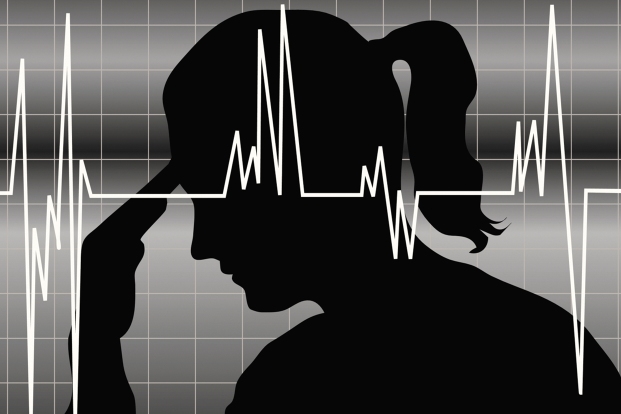Apr 25, 2022
Inadequate Sleep Raises the Risk of Heart Disease in Teenagers and Youth : Paras Hospitals Gurgaon Cardiologists Comment

- Cardiovascular diseases in youth have increased by 35 per cent; teenagers in urban areas are 8 times more prone to heart diseases than rural areas.
- Lack of sleep increases C-reactive Proteins, an inflammatory marker for heart attack.
- Sleep Apnea is a major reason for congestive heart failures and daytime sleepiness in young and adults.
- Sedentary lifestyle, unhealthy eating habits, smoking and pollution increase heart problems among young people.
Gurgaon, 12th July 2018: Cardiovascular diseases have increased by 35 per cent among teenagers and young people, fuelled by insufficient sleep. The trend is particularly a concern for urban youth who are 8 times more at risk than those living in villages.

“Adequate sleep between 10pm to 4am is necessary because it heals the damage caused to our body during the day by releasing maximum amount of antioxidants. These antioxidants help to neutralize the free radicals produced by oxidative stress and prevent blood clotting that block or damage blood vessels,” says Dr. Amit Bhushan Sharma, Unit Head and Associate Director -Interventional Cardiology, Paras Hospitals, Gurgaon.
“Lack of sleep increases insulin resistance that ups the risk of Type II diabetes and heart disease. Shortened sleep time increases C-reactive Proteins (CRP), an inflammatory marker for heart attack and hypertension. Poor sleep pattern can also raise cholesterol levels in blood, leading to high body mass index (BMI) and obesity. One third of the teenaged patients have diabetes, hypertension and are morbidly obese,” adds Dr. Sharma.
Sedentary lifestyle induced by long hours of seating and lack of movement, poor eating habit focused on junk and fatty food, smoking and pollution are some other reasons for the rise in number of heart ailments in teenagers and young people. The peak age of heart attack in western countries is between 50 and 60 years while in India this ranges between 30 and 40 years. One should watch out for symptoms such as decreased stamina, shortness of breath, heaviness in chest, arms, neck, shoulder or jaws while walking uphill or climbing stairs as these might indicate an onset of heart ailment.
However, some careful preventive measures can help avoid heart related ailments. The modifiable risk factors such as change on lifestyle, intake of healthy food by reducing carbohydrate and sugar, an exercise regimen of minimum of 45 minutes of brisk walk, yoga and meditation, and proper sleep are very important. “Unregulated and unscientific diet, especially by those who train in gymnasiums also suffer from heart diseases. Consuming too much of whey protein or anabolic steroids can burn your kidneys and cause heart problems,” he warns.
People with a history of heart disease in the family should be extra careful. Those whose parents had a heart attack before the age of 60 years are 8 times more prone to have a heart attack at a younger age. Taking an echocardiogram and a Treadmill Test (TMT) once in a year along with regular blood test (fasting sugar level less than 100 and post lunch sugar less than 140) and lipid profile may help to check the incidence of a cardiac arrest.
Paras Hospitals Gurgaon is among the leading providers of treatment and care in the field of neurosciences, cardiology, orthopedics, nephrology, gastroenterology, and critical care in India.


